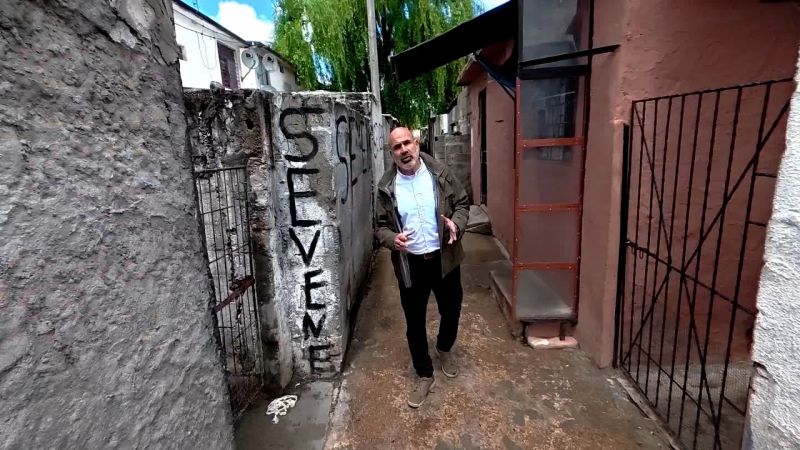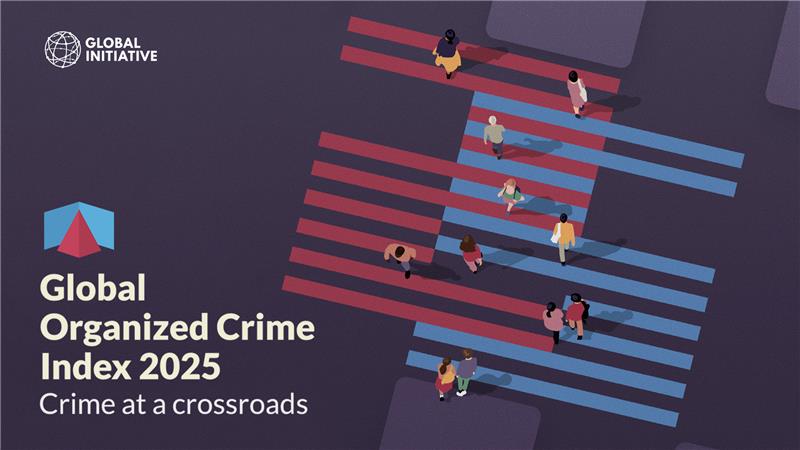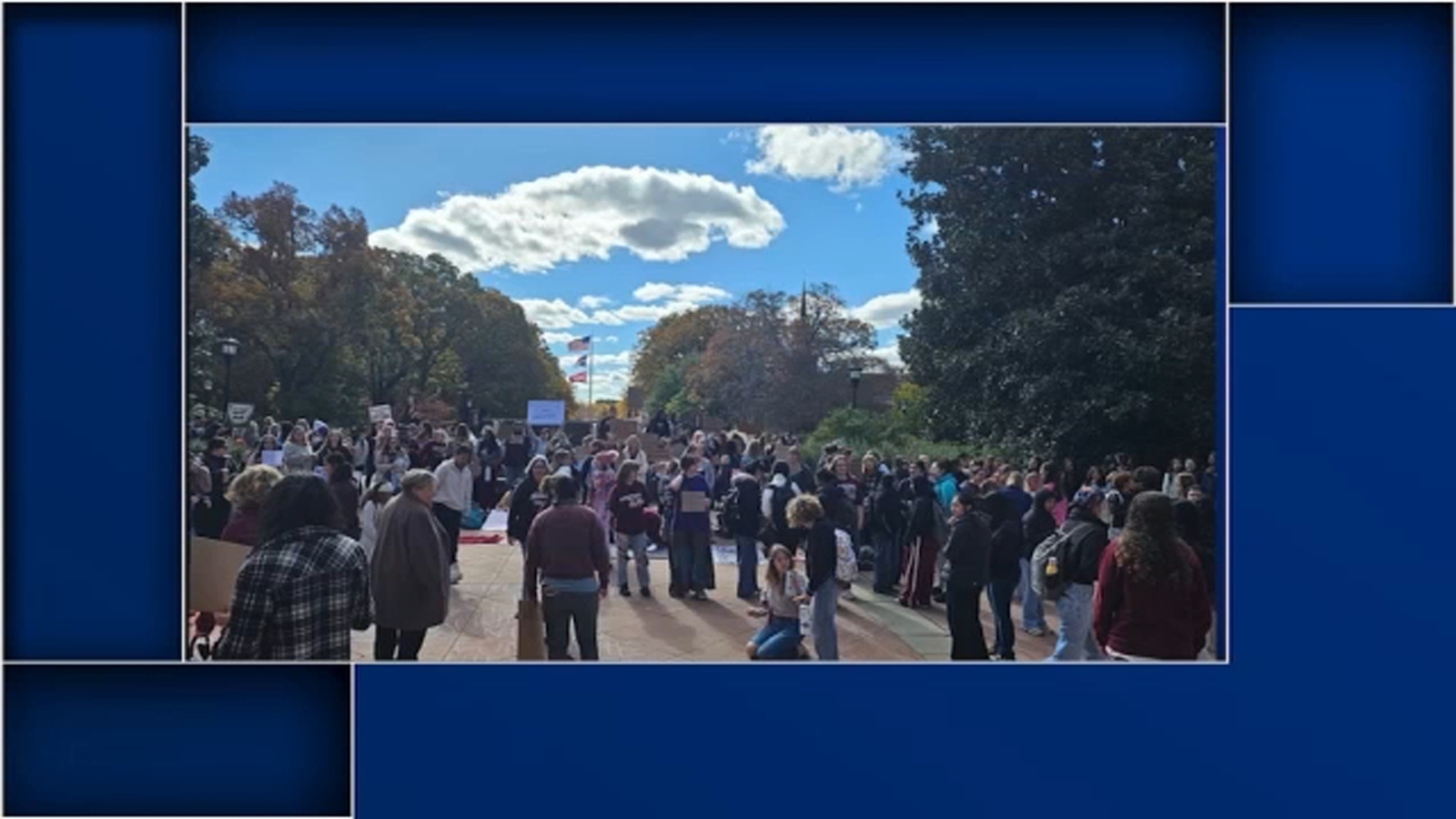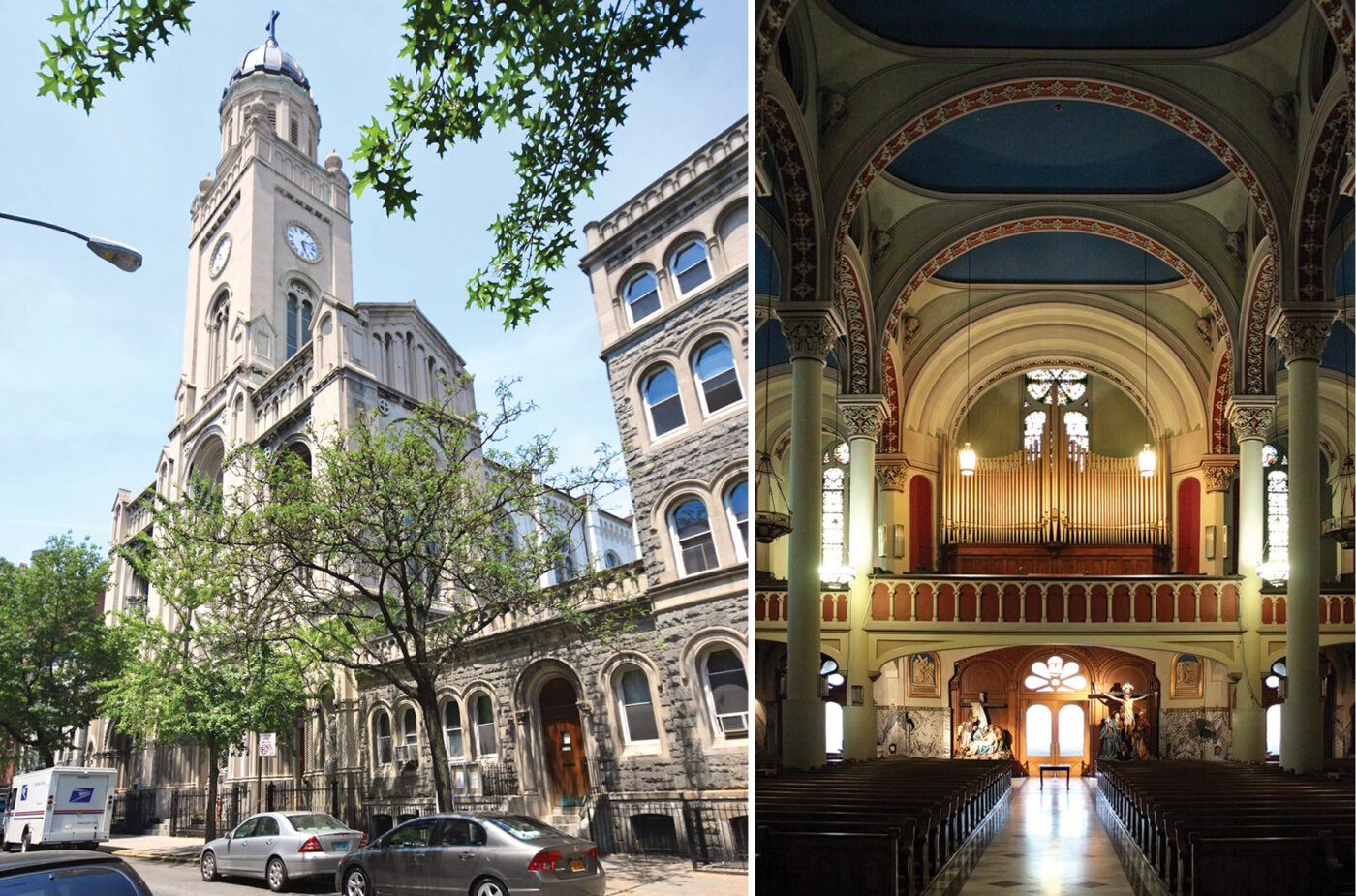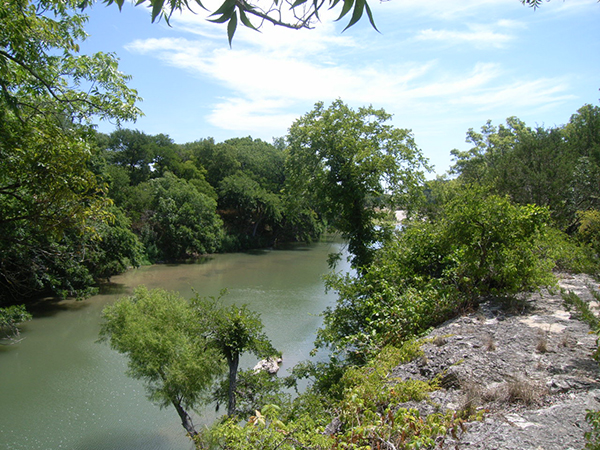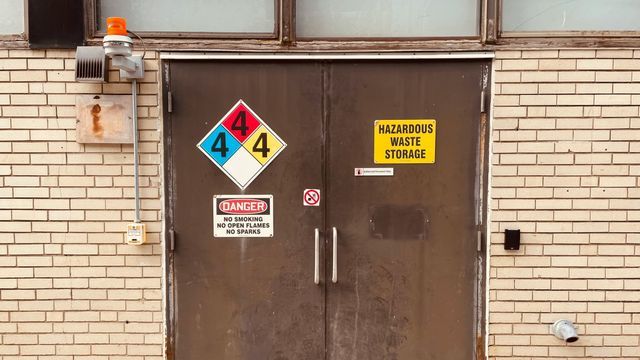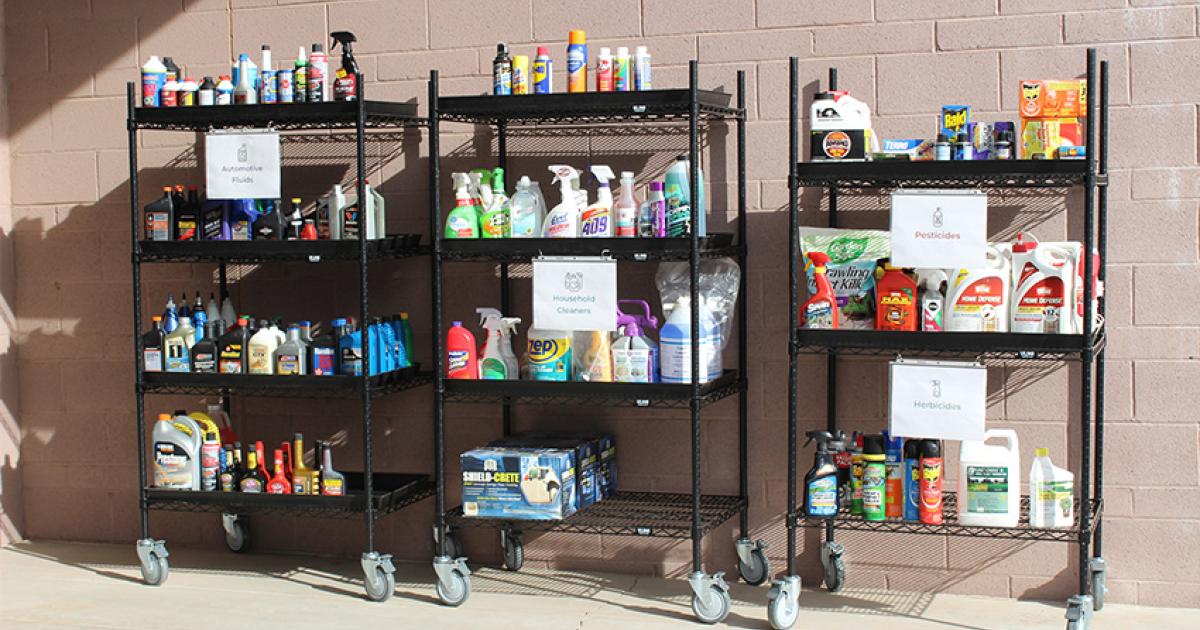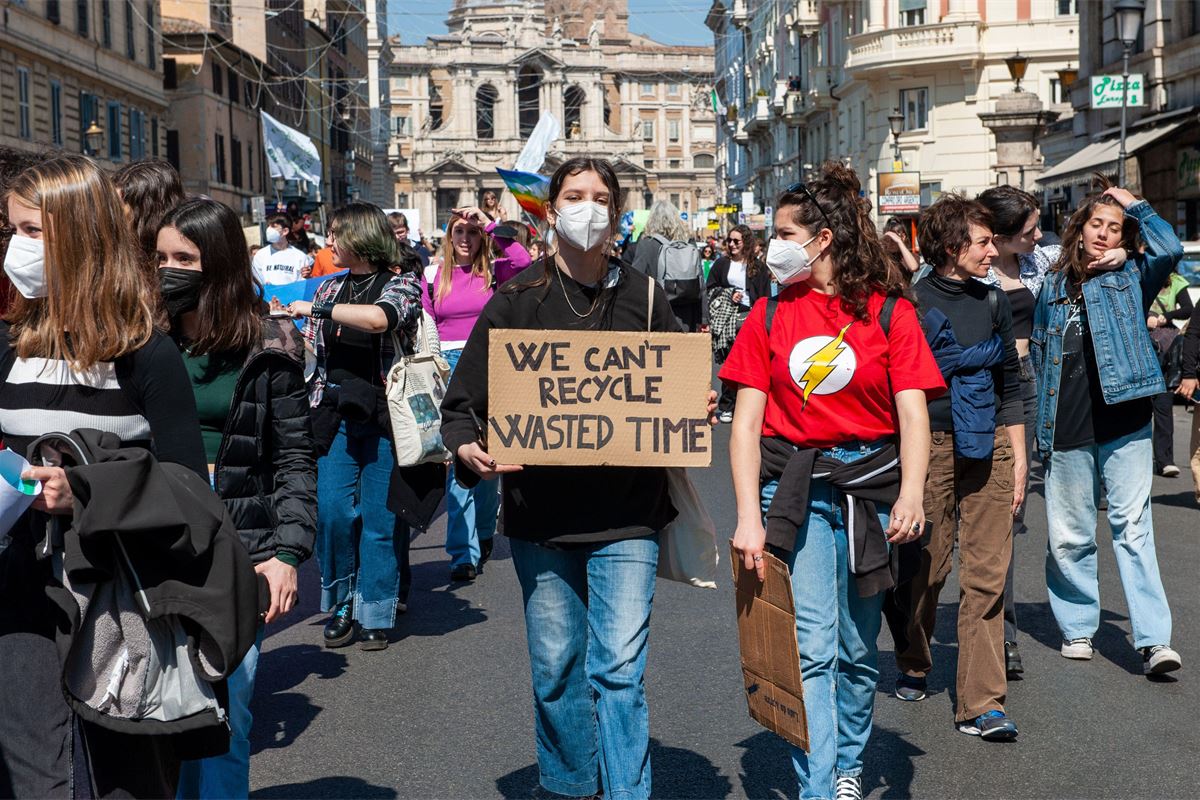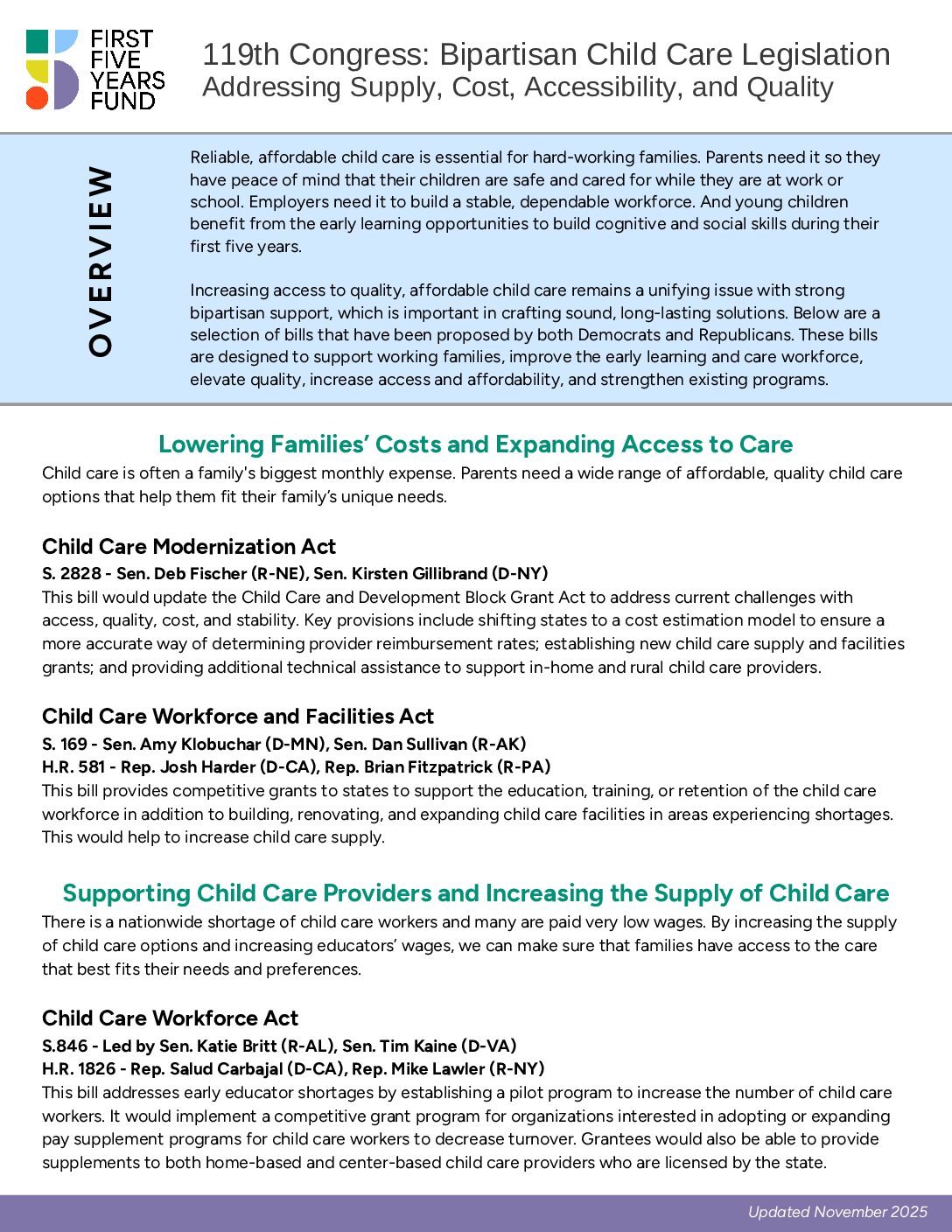Help Shape Local Climate Policies Today – City of Spokane, Washington

Report on Spokane’s Climate Policy Development and Community Engagement Initiative
1.0 Executive Summary
The City of Spokane is advancing its climate action and resiliency planning, directly contributing to the achievement of several United Nations Sustainable Development Goals (SDGs). Following a foundational Climate Risk and Vulnerability Assessment, the City has launched a Community Climate Policy Survey to guide the formulation of future policies. This initiative emphasizes inclusive community participation and aims to integrate climate resilience into the city’s long-term comprehensive plan, PlanSpokane 2046. This report outlines the project’s phases, objectives, and its strong alignment with SDG 11 (Sustainable Cities and Communities), SDG 13 (Climate Action), and SDG 16 (Peace, Justice, and Strong Institutions).
2.0 Background and Foundational Assessment
The initial phase of the climate planning project focused on understanding local climate challenges and vulnerabilities, a critical step for fulfilling SDG 13 (Climate Action).
- Over 1,500 community members contributed their experiences with climate hazards such as wildfires and extreme heat.
- This public input was integral to the creation of the City of Spokane Climate Risk and Vulnerability Assessment.
- The assessment combines lived experiences with scientific data to identify specific climate risks, establishing a data-driven foundation for creating sustainable and resilient urban infrastructure as outlined in SDG 11.
3.0 Current Phase: Community Policy Formulation
The project has now entered a policy development phase, inviting public input to shape actionable strategies. This participatory approach is central to building effective and inclusive institutions (SDG 16).
3.1 Community Climate Policy Survey
A new survey has been launched to gather public feedback on specific policy directions for climate mitigation and adaptation.
- Objective: To inform the development of goals and policies that will guide local climate action and build a resilient Spokane, directly supporting SDG 13.
- Deadline: The survey is open for public input until August 31, 2025.
- Integration: Survey results will be integrated into the PlanSpokane 2046 Periodic Update to the Comprehensive Plan, ensuring that climate action is embedded in the city’s official long-term strategy.
4.0 Alignment with Sustainable Development Goals (SDGs)
This initiative is fundamentally aligned with the global 2030 Agenda for Sustainable Development, with significant contributions to the following goals:
- SDG 11: Sustainable Cities and Communities: The project’s core mission is to make Spokane inclusive, safe, resilient, and sustainable by integrating climate adaptation and mitigation measures into its central urban planning document, the Comprehensive Plan.
- SDG 13: Climate Action: The initiative takes urgent action to combat climate change and its impacts by developing policies based on a comprehensive risk assessment and robust community engagement.
- SDG 16: Peace, Justice, and Strong Institutions: By actively seeking diverse community feedback and ensuring transparency, the City is building effective, accountable, and inclusive institutions. The provision of the survey in multiple languages demonstrates a commitment to inclusive participation.
- SDG 10: Reduced Inequalities: To ensure equitable access and participation, the survey is available in English, Spanish, Russian, Vietnamese, Arabic, and Marshallese, reducing barriers for non-English speaking communities to influence policy.
- SDG 17: Partnerships for the Goals: The project is enabled through a partnership with the state, funded by a grant from the WA Department of Commerce supported by Washington’s Climate Commitment Act (CCA), demonstrating effective multi-level governance for achieving sustainability targets.
5.0 Public Participation and Contact Information
Community involvement is critical for the success of this policy-making process.
- Survey Access: Residents are encouraged to participate in the Community Climate Policy Survey.
- Incentive: Early respondents are eligible to receive one of ten $50 gift cards as an acknowledgment of their contribution.
- Inquiries: Questions can be directed to the Climate Planning team at climateplanning@spokanecity.org.
Identified Sustainable Development Goals (SDGs)
- SDG 13: Climate Action
- SDG 11: Sustainable Cities and Communities
- SDG 16: Peace, Justice and Strong Institutions
Specific SDG Targets
-
SDG 13: Climate Action
- Target 13.1: Strengthen resilience and adaptive capacity to climate-related hazards and natural disasters. The article directly addresses this by mentioning the community’s experiences with “climate challenges, such as wildfires and extreme heat” and the city’s goal to “build a resilient Spokane.” The entire initiative is focused on creating plans to “adapt to, and address climate hazards.”
- Target 13.2: Integrate climate change measures into national policies, strategies and planning. The article describes this process at a local level. It states that feedback from the survey will “influence policies that will ultimately be integrated into the PlanSpokane 2046 Periodic Update to the Comprehensive Plan,” which is a clear example of integrating climate measures into local government planning.
- Target 13.3: Improve education, awareness-raising and human and institutional capacity on climate change mitigation, adaptation, impact reduction and early warning. The city’s effort to engage the public through surveys (“Community Climate Policy Survey”) and by sharing the results of previous engagement (“read more about the valuable feedback we received”) serves to raise awareness and build community capacity for climate action. The creation of the “City of Spokane Climate Risk and Vulnerability Assessment” demonstrates an increase in institutional capacity.
-
SDG 11: Sustainable Cities and Communities
- Target 11.3: Enhance inclusive and sustainable urbanization and capacity for participatory, integrated and sustainable human settlement planning and management. The article highlights a participatory planning process by inviting the community to “Help Shape Local Climate Policies.” The effort to make the survey available in six languages (“English, Spanish, Russian, Vietnamese, Arabic, and Marshallese”) demonstrates a commitment to inclusive planning.
- Target 11.b: Substantially increase the number of cities and human settlements adopting and implementing integrated policies and plans towards inclusion, resource efficiency, mitigation and adaptation to climate change, resilience to disasters. The article is a case study of the City of Spokane doing exactly this. It is in the process of developing “local climate and resiliency action plans” that integrate “mitigation” and “adaptation” to build a “resilient Spokane,” with these policies being formally adopted into the city’s Comprehensive Plan.
-
SDG 16: Peace, Justice and Strong Institutions
- Target 16.7: Ensure responsive, inclusive, participatory and representative decision-making at all levels. The article is a call for participatory decision-making. The city is “once again asking for your help” and states that community feedback “will influence policies” and direct “future actions and decisions by City staff and leaders.” The multi-language survey is a key feature of an inclusive process.
Implied and Mentioned Indicators
-
Indicators for Participation and Inclusivity (Targets 11.3, 16.7)
- Number of community members engaged: The article explicitly states that “Over 1,500 community members shared their stories” in the initial phase, which is a direct indicator of public participation.
- Availability of multilingual resources: The article mentions that “The survey is available in English, Spanish, Russian, Vietnamese, Arabic, and Marshallese,” which is an indicator of inclusive outreach efforts.
- Existence of public feedback mechanisms: The “Community Climate Policy Survey” itself is an indicator of a participatory process being implemented.
-
Indicators for Planning and Resilience (Targets 13.1, 13.2, 11.b)
- Adoption of local climate action plans: The article discusses the development of “local climate and resiliency action plans” and their integration into the “PlanSpokane 2046 Periodic Update to the Comprehensive Plan.” The formal adoption of these plans would be a key indicator of progress.
- Completion of climate assessments: The article mentions the creation of the “City of Spokane Climate Risk and Vulnerability Assessment,” which serves as a foundational indicator that the city has assessed its climate risks.
SDGs, Targets, and Indicators Analysis
| SDGs | Targets | Indicators |
|---|---|---|
| SDG 13: Climate Action |
13.1: Strengthen resilience and adaptive capacity to climate-related hazards.
13.2: Integrate climate change measures into policies and planning. 13.3: Improve education, awareness-raising and human and institutional capacity. |
– Existence of “local climate and resiliency action plans.” – Completion of the “City of Spokane Climate Risk and Vulnerability Assessment.” – Formal integration of climate policies into the “Comprehensive Plan.” – Implementation of a “Community Climate Policy Survey” to raise awareness. |
| SDG 11: Sustainable Cities and Communities |
11.3: Enhance inclusive and sustainable urbanization and capacity for participatory, integrated planning.
11.b: Increase the number of cities implementing integrated policies and plans for climate change adaptation and resilience. |
– Number of languages the survey is available in (six languages mentioned). – Development of integrated plans (“PlanSpokane 2046 Periodic Update”). – Number of community members participating in surveys (“Over 1,500”). |
| SDG 16: Peace, Justice and Strong Institutions | 16.7: Ensure responsive, inclusive, participatory and representative decision-making. |
– Existence of public feedback mechanisms (“Community Climate Policy Survey”). – Use of community feedback to direct “future actions and decisions by City staff and leaders.” – Provision of surveys in multiple languages to ensure inclusive participation. |
Source: my.spokanecity.org

What is Your Reaction?
 Like
0
Like
0
 Dislike
0
Dislike
0
 Love
0
Love
0
 Funny
0
Funny
0
 Angry
0
Angry
0
 Sad
0
Sad
0
 Wow
0
Wow
0

